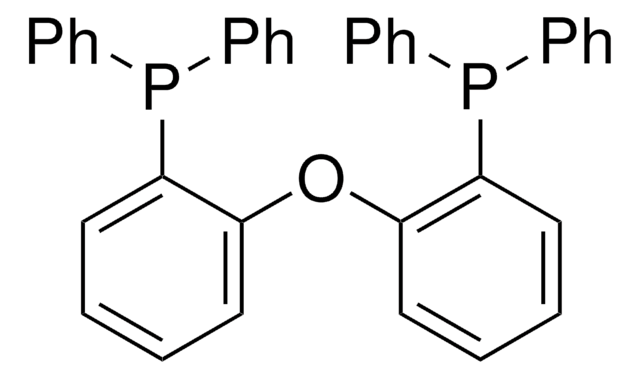212946
Copper(I) chloride
reagent grade, 97%
Synonym(s):
Copper monochloride, Cuprous chloride
About This Item
Recommended Products
grade
reagent grade
vapor pressure
1.3 mmHg ( 546 °C)
Assay
97%
form
powder
reaction suitability
reagent type: catalyst
core: copper
pH
5 (20 °C, 50 g/L)
bp
1490 °C (lit.)
mp
430 °C (lit.)
solubility
dimethyl sulfide: partially soluble(lit.)
water: insoluble(lit.)
SMILES string
Cl[Cu]
InChI
1S/ClH.Cu/h1H;/q;+1/p-1
InChI key
OXBLHERUFWYNTN-UHFFFAOYSA-M
Looking for similar products? Visit Product Comparison Guide
Related Categories
General description
Application
Signal Word
Danger
Hazard Statements
Precautionary Statements
Hazard Classifications
Acute Tox. 4 Dermal - Acute Tox. 4 Oral - Aquatic Acute 1 - Aquatic Chronic 1 - Eye Dam. 1 - Skin Irrit. 2
Storage Class Code
8A - Combustible corrosive hazardous materials
WGK
WGK 3
Flash Point(F)
Not applicable
Flash Point(C)
Not applicable
Certificates of Analysis (COA)
Search for Certificates of Analysis (COA) by entering the products Lot/Batch Number. Lot and Batch Numbers can be found on a product’s label following the words ‘Lot’ or ‘Batch’.
Already Own This Product?
Find documentation for the products that you have recently purchased in the Document Library.
Customers Also Viewed
Our team of scientists has experience in all areas of research including Life Science, Material Science, Chemical Synthesis, Chromatography, Analytical and many others.
Contact Technical Service








